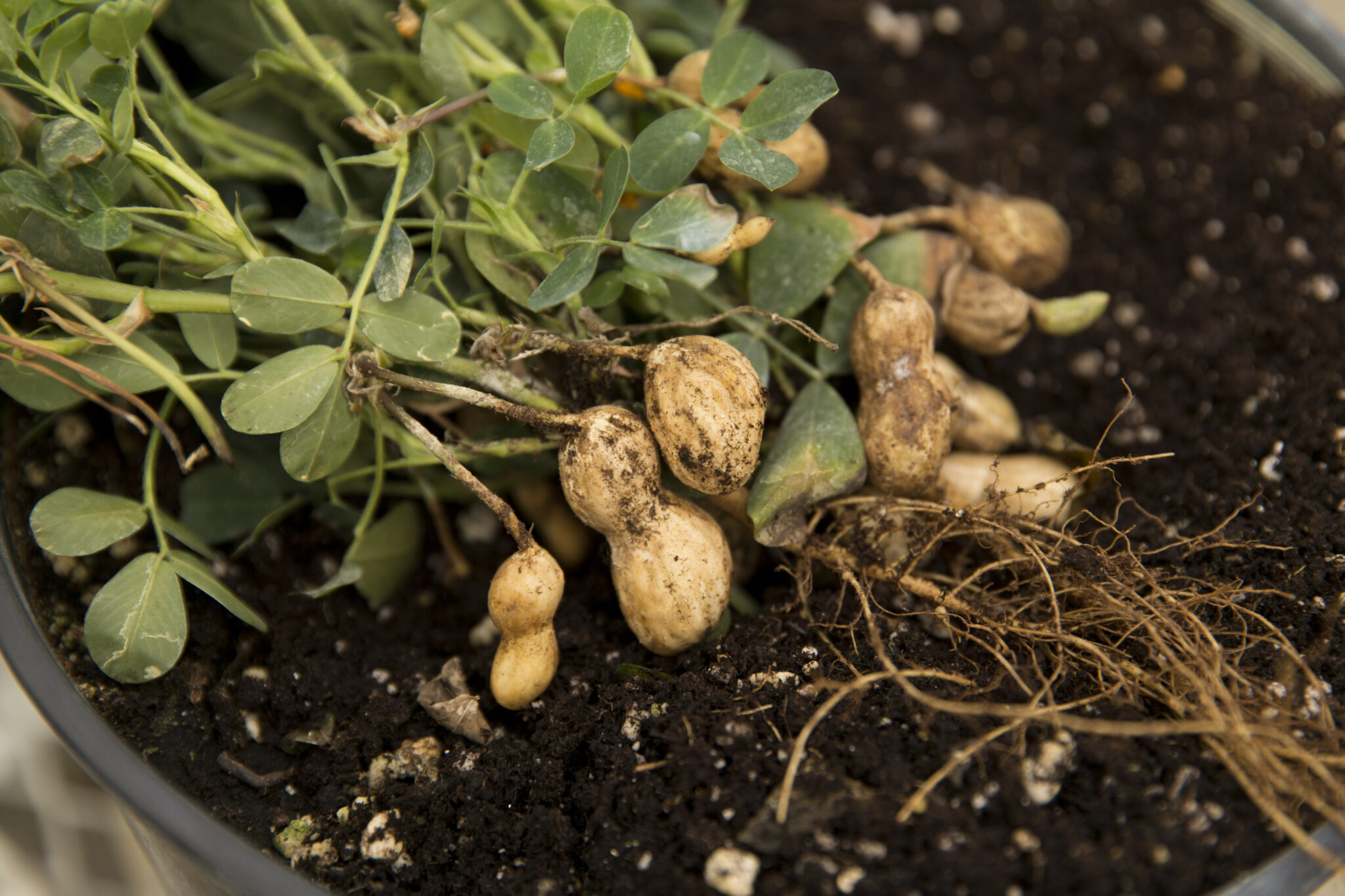By April Reese
University of Georgia
The choice of chicken, ribs, burgers or steaks isn't the most important preparation for your backyard cookout. Not the way Judy Harrison sees it.
"Put safety first," says Harrison, a foods specialist with the University of Georgia College of Family and Consumer Sciences. "Safe food handling is always important. But during the summer grilling season, we need to be even more aware of food handling practices."
People cooking in the backyard or at a picnic site may not always be as good at hand-washing and personal hygiene as they are in the kitchen, she said.
But keeping hands, dishes and utensils clean is critical when grilling. Bacteria thrive on hot days, and this can lead to food-borne illness.
Foodborne illness is no picnic
"Nothing can spoil summer fun like a case of food-borne illness," Harrison said.
Symptoms can range from diarrhea, vomiting, abdominal pain and fever to long-term health problems such as arthritic conditions, heart complications and central nervous system or kidney disorders. Some cases can kill.
Anyone can get sick from the backyard grill or whenever food is mishandled, Harrison said. Infants, young children, pregnant women and the elderly are especially susceptible to complications of food-borne illness. So are people whose immune systems are weakened by AIDS, liver disease or cancer treatment.
"Fortunately, food-borne illness is preventable," she said. "You just have to pay attention to food safety rules."
Follow these steps
Steps for safe grilling1. Start with clean hands, utensils, dishes and work surfaces. "If you're grilling away from home, take some disposable hand wipes along," Harrison said.
2. Keep any meats refrigerated or in a cooler with ice until the grill is hot.
3. Marinate raw meat, fish and poultry in the refrigerator or cooler, not on the counter.
4. Once you put it on the grill, cook meat and poultry thoroughly. "Use a meat thermometer to know for sure when foods are safely cooked," she said.
Cook cuts of beef like roasts to an internal temperature of at least 145 degrees Fahrenheit for medium rare, 160 for medium and 170 for well done. "Be aware that meat cooked to 145 degrees still carries some bacterial risk," she said. Cook whole poultry to 180 degrees.
Whatever you do, don't undercook hamburgers. "To be sure you destroy bacteria, cook meat patties to at least 160 degrees and ground poultry to 165 degrees," Harrison said.
Some outdoor chefs like to speed grilling time by partially precooking meat or poultry. That's OK if the food goes right from the microwave or range to the grill, she said. But interrupted cooking is risky business.
Handling leftovers
When it's done, never put grilled food back on the dish it came from. "If you put meat or poultry back onto plates with raw juices," she said, "you can put bacteria right back on the foods you just cooked."
Grilled food never tastes better than when it's hot, right off the grill. It's never safer, either.
"As with any food, don't eat grilled foods that have been left at room temperature for more than two hours," Harrison said. "If the food is outside on a hot day (85 or warmer), one hour is a safer rule.
"If foods have sat outside on buffet tables with lots of chances for contamination to occur," she said, "it's best to throw leftovers away."
Safe grilling tips
To make sure your outdoor grilling project is safe, follow these tips:* Be careful lighting the fire. Never use gasoline, fuel oil or kerosene. (They're dangerous, and their smoke leaves an oily aftertaste on the food.)
* Keep clothes close. Roll up shirt sleeves, tuck shirts in and avoid wearing loose, flowing skirts or scarves. Keep long hair restricted, too.
* Use long-handled utensils and potholders. Keep cookware handles turned to one side away from the heat. Keep a water spray bottle or hose close by.
* Be sure the fire is completely out before you leave it.
(April Reese is a writer with the University of Georgia College of Agricultural and Environmental Sciences.)






